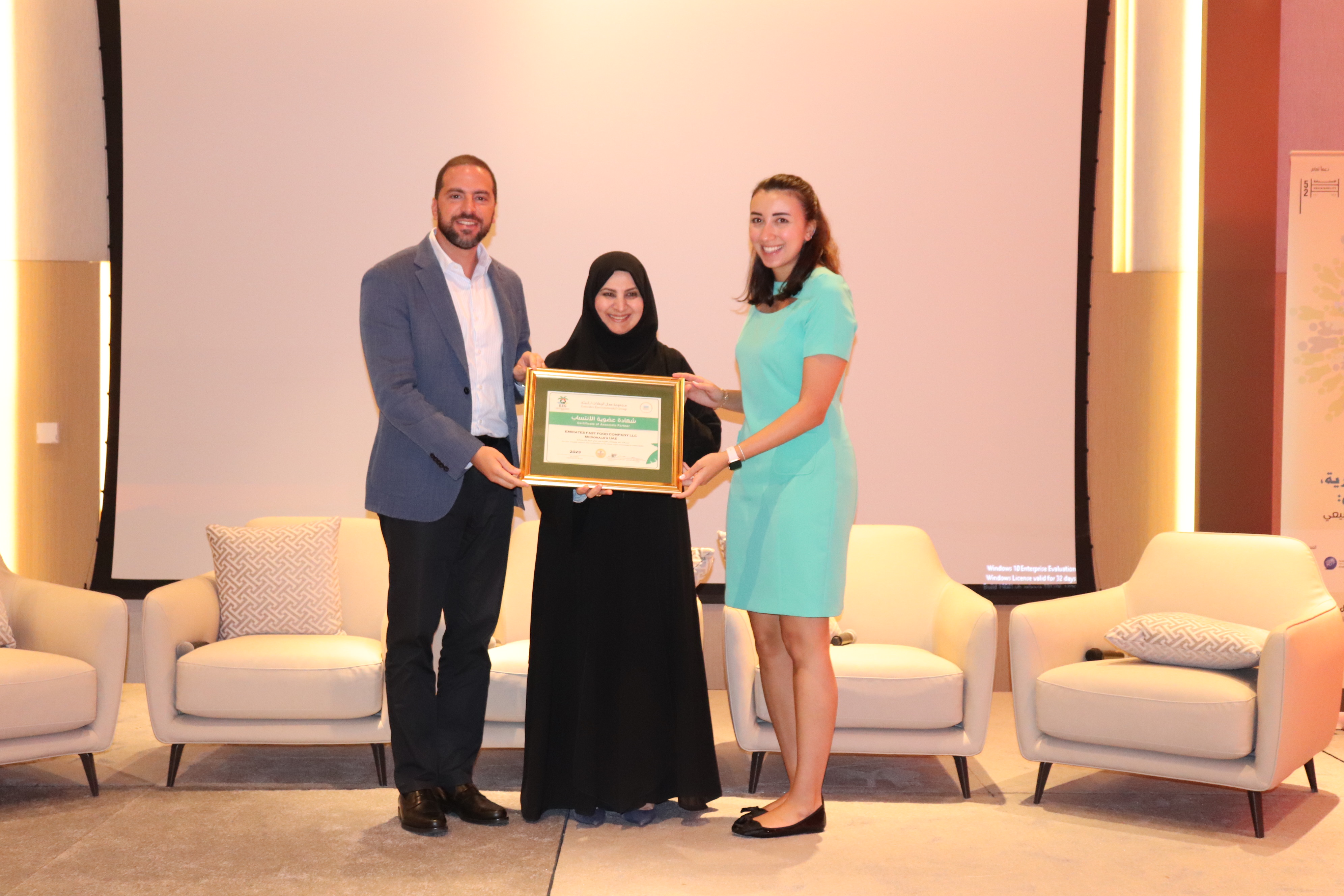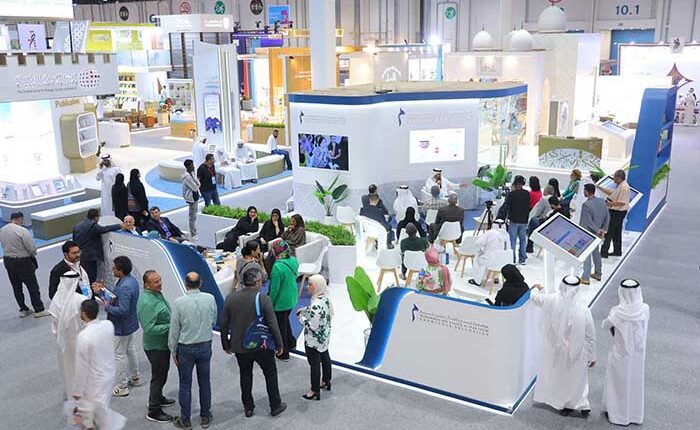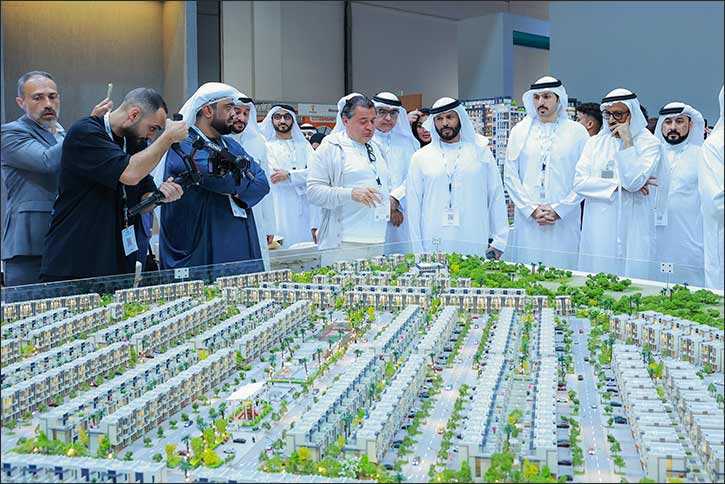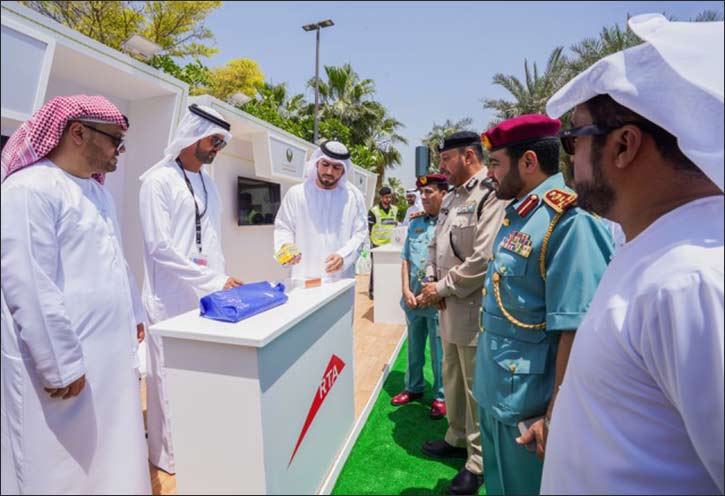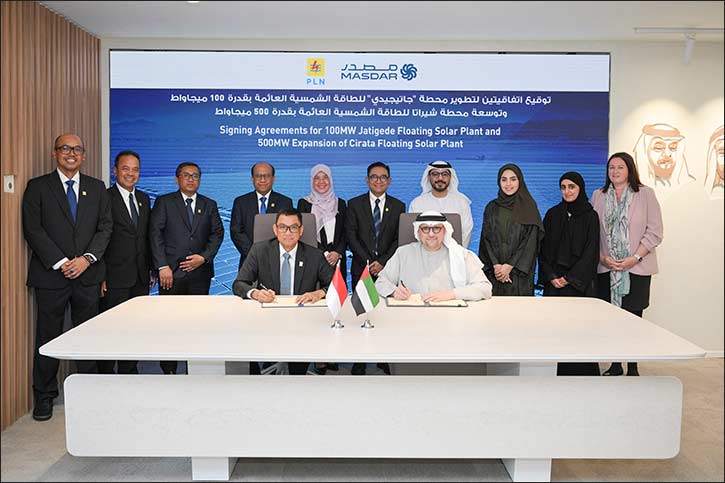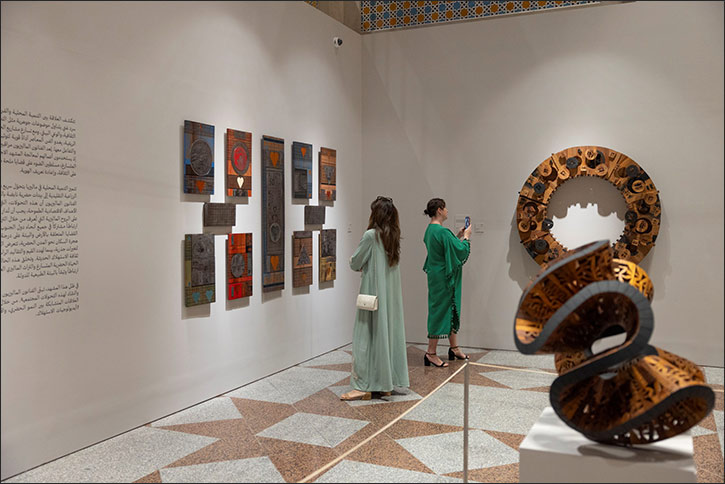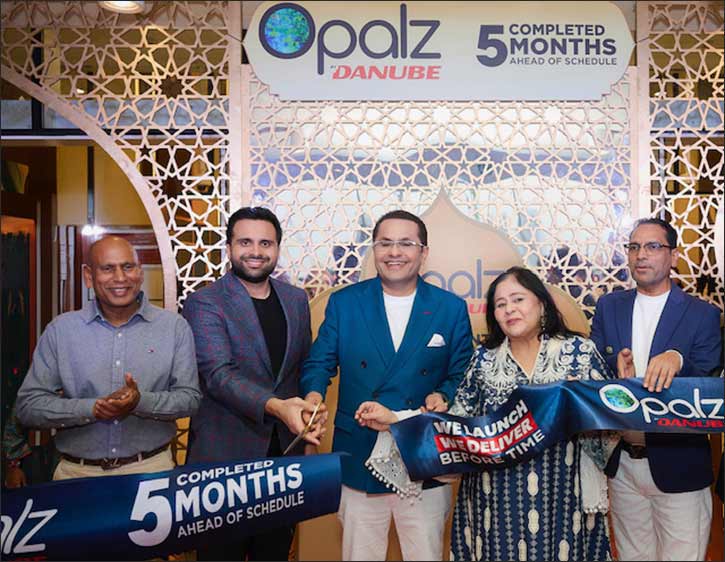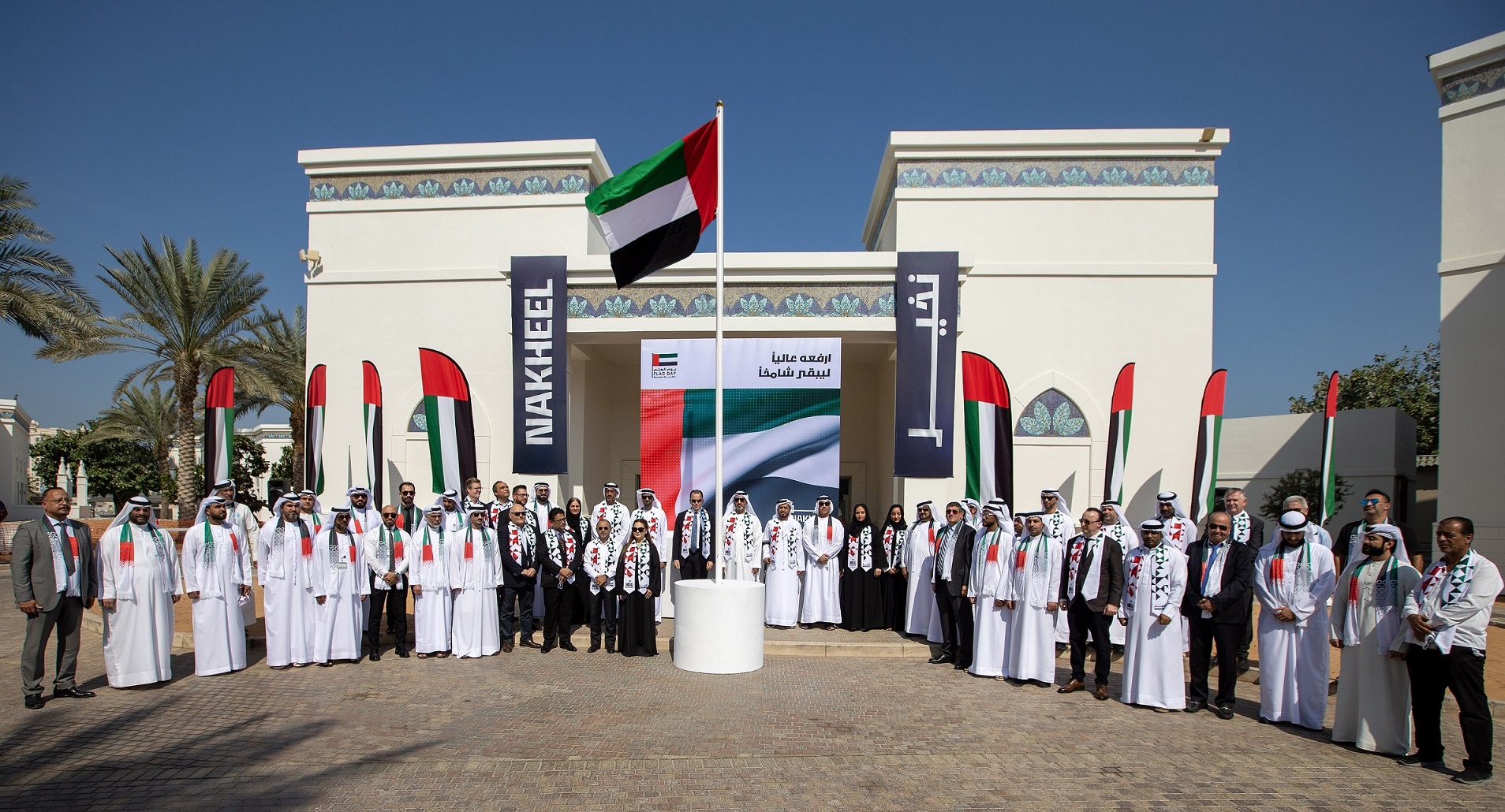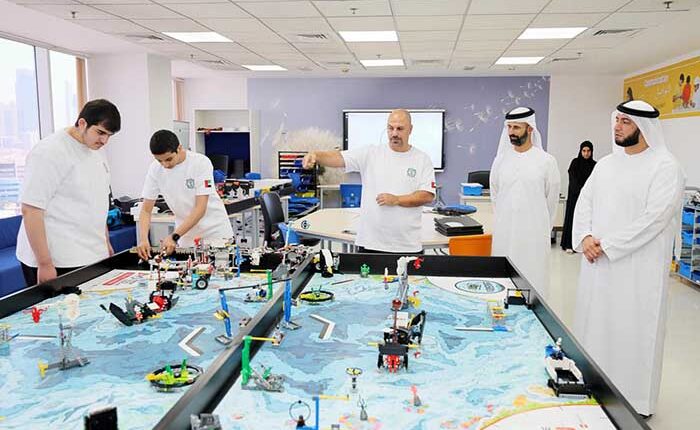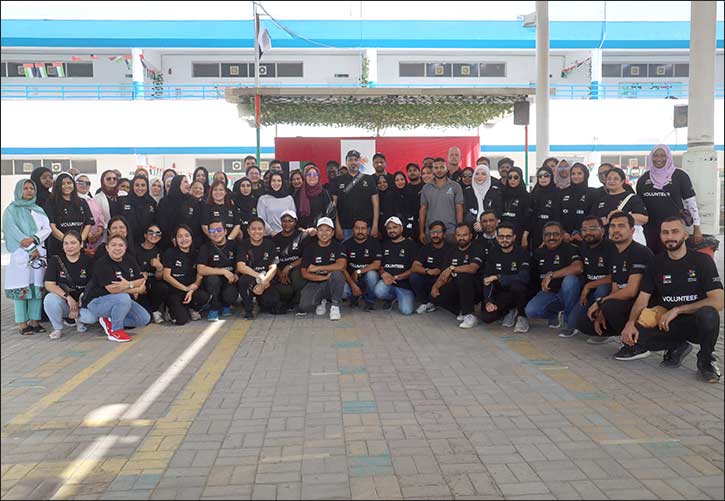Under the theme
“Decreasing Wildlife Population, Increasing Human Population: Balancing the Natural Biodiversity”
Emirates Environmental Group conducted its 3rd Panel Discussion of 2023 on 23rd August in association with Arabia CSR Network and supported by EmiratesGBC, Clean Energy Business Council and the Swiss Business Council. The discussion was graciously sponsored by Labotel. The panel discussion was hosted by Holiday Inn, Dubai Science Park, between 10:00 a.m. and 12:30 p.m. in a hybrid format The discussion aimed to seize the opportunity to rope in key industry experts and help direct the conversation that drives sustainable change to tackle the biodiversity crisis.
Mrs. Habiba Al Mar’ashi, Co-founder and Chairperson of EEG commenced the discussion by reflecting on EEG’s journey in the first 7 months of 2023 and introduced the heated topic for the session. She stated: “We are gathered here today, both virtually and physically, to discuss an important issue and amass the relevant knowledge. This world, as we know it, has changed. In the past 50 years, the land, the oceans, the atmosphere, and all other hidden aspects of this biosphere have transformed. While natural shifts can induce such a transformation, it is often gradual, which ideally would not be seen in a human being’s lifetime. Yet here we are watching every day the environmental changes and all the species that thrive on this planet struggling to adapt to the ecological shifts. These are due to human mistakes and irresponsible behaviour”.
She further added by highlighting a social issue. “Today, people drive jaguars, mustangs, vipers, impalas, beetles, etc. The question is, has our empathy towards animals and nature dwindled down to just naming inanimate objects, the names of animals, perhaps due to our current way of life? In the name of growth, modernism, expansionism, and capitalism, we have blatantly taken out resources without any regard for wildlife”
The CEO of Labotel Workers Village stated that: “Our continuous assessment of broader sustainability trends and developments has profoundly motivated us as a business to recognise the urgent need for collective action in response to these crises. We are committed to playing an active role in transitioning towards a net-zero, nature-positive economy, working alongside strategic partners who share our goal of achieving a balanced ecosystem and harmonious co-existence with nature. We firmly believe in the power of change rooted in biodiversity conservation. There are key benefits that can be gained when a balance is achieved in the environment: 1. Biodiversity balance can sustain a diverse range of plant species, leading to a greater variety of crops that can supply abundant food resources, pharmaceutical drugs and medical resources. 2. It assists in the breakdown of pollutants, ensuring that resources remain useful and untainted. 3. Biodiversity maintenance helps maintain climate stability, contributing to a healthier and more sustainable planet. 4. It safeguards freshwater resources and promotes the development and protection of soil. 5. The conservation of biodiversity benefits the tourism industry by offering opportunities for engaging in recreational environmental activities”.
To discuss the impact on human population on biodiversity, the discussion brought to the stage key subject matter experts.
The distinguished panel of speakers were:
- Mr. Andreas Feil, First Secretary for Climate, Energy, and Environment at the German Embassy in Abu Dhabi
- Ms. Maitha Almheiri, Biologist, Ministry of Climate Change and Environment
- Ms. Maitha Mohamed Al Hameli, Head of the Marine Biodiversity Assessment and Conservation, Environment Agency, Abu Dhabi
- Dr. Amol Patwardhan, Assistant Professor, K J Somaiya College of Science and Commerce, India.
- Mr. Mohammed Yousef Al Faqeer, Acting General Curator, Al Ain Zoo
The session addressed several important points:
- The identification of the causes of decreasing wildlife population
- Accelerating the achievement of SDGs related biodiversity preservation.
- Educating the masses about the importance of wildlife, issues of biodiversity loss and rectify them.
- Addressing the consequences of unsustainable anthropogenic activities and increasing population.
- How to bring together different stakeholders to identify the progress achieved on this issue, and promote effective partnerships and collaboration.
- The importance of recognising the cost of biodiversity loss on human and cost of replenishing natural biodiversity.
As an UNEP accredited NGO and UNCCD, EEG designed, developed and executed the panel discussion to address several of the United Nations Sustainable Development Goals, including
SDG #1 No Poverty, #2 Zero Hunger, #4 Quality Education, #6 Clean Water and Sanitation, #11 Sustainable Cities and Communities, #12 Responsible Consumption & Production, #13 Climate Action, #14 Life Under Water, #15 Life on Land and #17 Partnership for the Goals.
The speakers shared valuable knowledge at the discussion, the session concluded with a lively interactive session where the speakers and members of the audience, including industry business leaders, government officials, students from high schools & universities, and the media, shared their views, asked the relevant questions, shared experiences and addressed challenges that hinder biodiversity conservation among other. The diversity of speakers ensured the thriving discussions.
Notes to Editors:
Emirates Environmental Group (EEG) is a professional working group established in 1991 in the United Arab Emirates. It is devoted to protecting the environment through the means of education, action programmes and community involvement. EEG is actively encouraged and supported by concerned local and federal government agencies. It is the 1st environmental NGO in the world to be ISO 14001 certified and the only organisation of its kind in the UAE with accredited status to the United Nations Convention to Combat Desertification (UNCCD) and the UN Environment Programme (UNEP). EEG is a member of the UN Global Compact, the Global Urban Development (GUD) and the Global Investors for Sustainable Alliance (GISD). It is also a member of the One Planet Network under the programme of Sustainable Food Systems (SFS) and its Multi-Stakeholder Advisory Committee (MAC) and Global Partnership on Marine Litter (GPML), EEG is a full Member (voting) of World Packaging Organisation (WPO).
For more information, contact us: email: eeg@emirates.net.ae; Tel: 04-3448622; Fax: 04-3448677 and please visit our bi-lingual website: www.eeg-uae.org; Follow us on LinkedIn, FB; Twitter & Instagram: @eegemirates.
